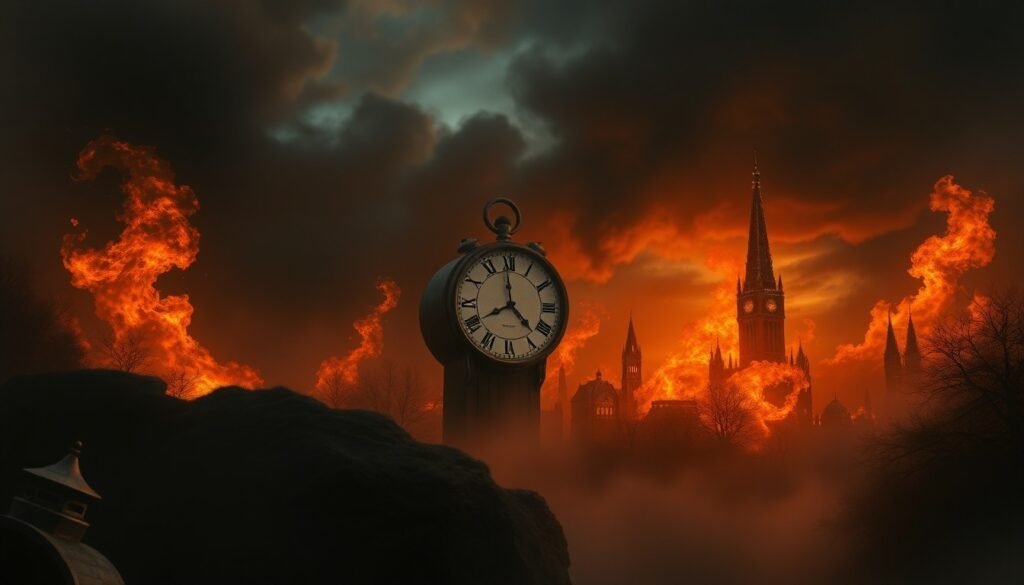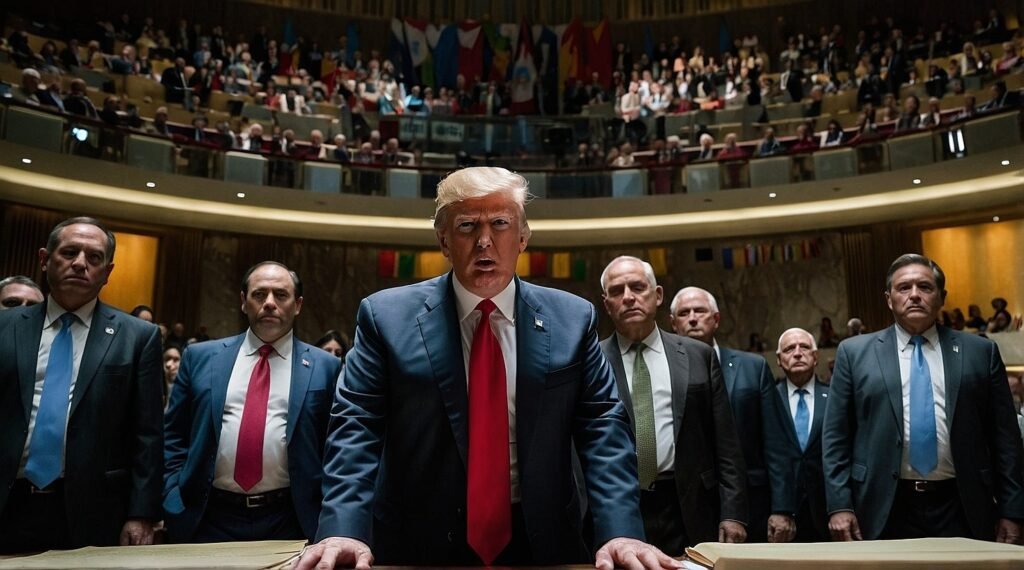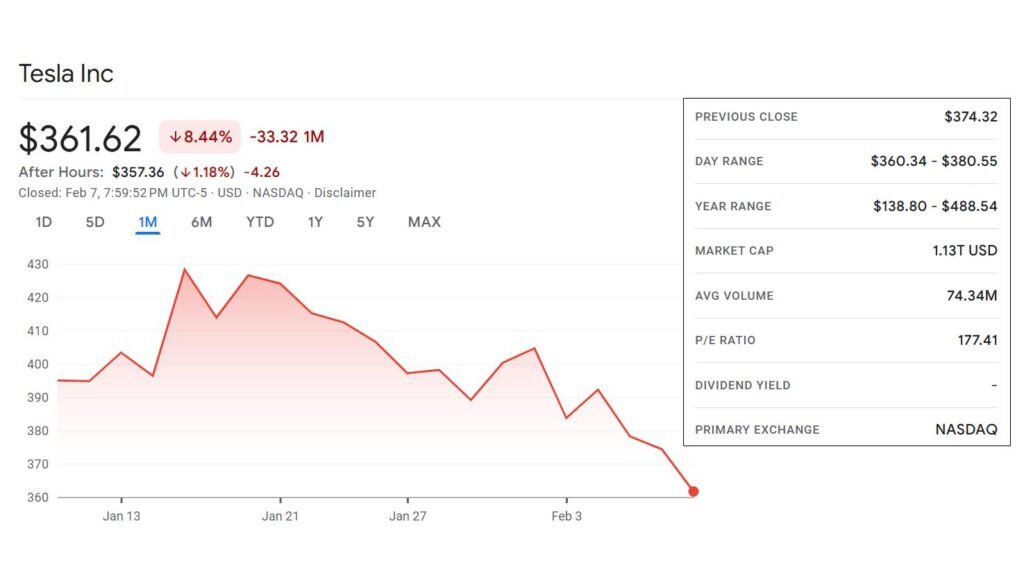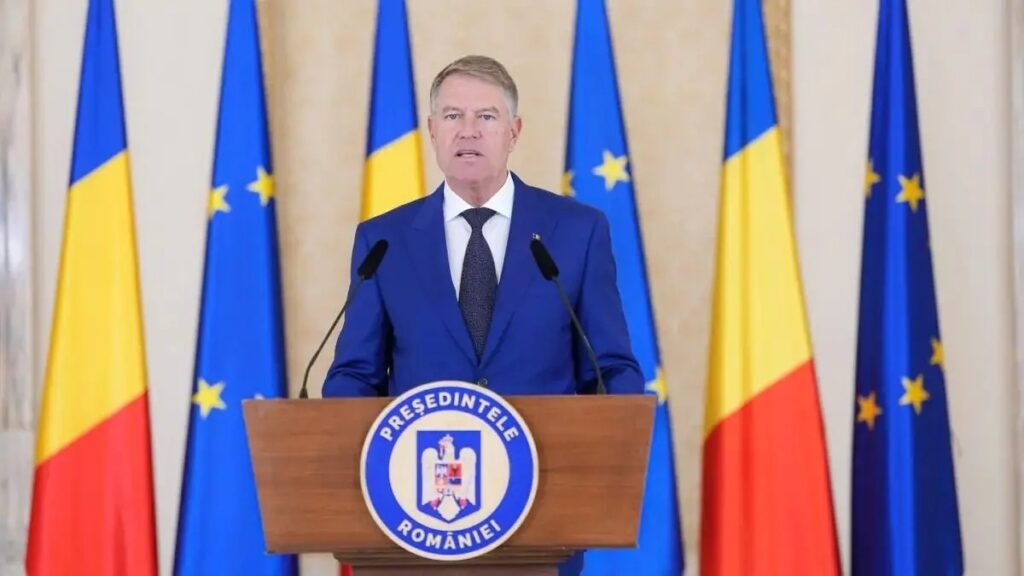|
Getting your Trinity Audio player ready...
|
In a seismic shift reverberating from Washington to Warsaw, the United States has confirmed it is preparing to withdraw a significant portion of its US army presence from Eastern Europe. This unprecedented decision, quietly debated for months and officially echoed at the beginning of April 2025, signals a new chapter in global military dynamics—and a direct challenge to NATO’s foundational framework.
From Whisper to Warning
What began as a proposal quietly circulating within Pentagon corridors has now become an explosive geopolitical maneuver. Top U.S. defense officials, in a confidential meeting leaked earlier this month and confirmed yesterday, revealed that the Pentagon is actively considering a phased withdrawal of American army from countries including Poland, Romania, and the Baltic states.
For Eastern European allies, the announcement felt like a betrayal—an unraveling of decades of joint security pledges. Many had hosted U.S. army not only as a deterrent against Russian aggression, but as an affirmation that Article 5 of the NATO charter—the promise that an attack on one is an attack on all—remained sacred.
Strategic Rebalancing or Global Retreat?
Sources close to the administration pointed to a mix of strategic rebalancing and domestic political pressure driving the decision. The 47th President, Donald J. Trump, who returned to office in January, has long voiced skepticism about America’s financial and military burden within NATO. His campaign promises to prioritize “America First” now echo through the halls of the Pentagon, reshaping defense policy with chilling speed. Behind closed doors, military strategists have also emphasized an urgent need to redeploy resources toward the Indo-Pacific, where rising tensions with China have fueled fears of a possible invasion of Taiwan. In this emerging calculus, Eastern Europe is being deprioritized in favor of shoring up defenses near the Taiwan Strait—an ominous trade-off between two frontlines of global power struggle.
NATO in the Crosshairs: A Fractured Alliance?
The impact on NATO is immediate and unnerving. European defense officials, blindsided by the decision, are scrambling to reassess regional security strategies. Germany and France have called for an emergency NATO summit. Poland’s prime minister declared the move “a historic mistake,” while the president of Estonia warned it could embolden Russian aggression along NATO’s eastern flank.
The perception that the U.S. is pulling back its protective umbrella has prompted calls for a new European defense pact—one independent of American guarantees. Some see the move as the beginning of the end for NATO as we know it.
Kremlin Applause
While NATO reels, Moscow watches with restrained satisfaction. Russia’s long-standing goal of weakening transatlantic unity is suddenly unfolding without a single shot fired. Kremlin sources, in unofficial statements, welcomed the U.S. decision as a “correction of Cold War-era illusions.”
The Risks of Recalibration
Critics within the U.S. defense establishment warn that the withdrawal leaves dangerous gaps. Eastern Europe, still scarred by past incursions and present threats, relies on American presence not merely for military capability but for symbolic deterrence. Pulling back now, they argue, signals weakness—and invites testing by adversaries.
Analysts fear that without U.S. boots on the ground, Russia could exploit the vacuum through hybrid warfare, cyberattacks, or proxy destabilization. The cost of reinforcing after an incident, they caution, would far outweigh the cost of prevention through presence.
Political Tremors at Home
The move is also shaking Capitol Hill. Congressional leaders from both parties have expressed alarm. Senator Chris Murphy called it “an abandonment of our allies,” while even some Republicans voiced concern that the retreat could erode America’s credibility worldwide. Military veterans’ groups and foreign policy think tanks have issued public warnings, urging a reconsideration of the policy.
What Comes Next? A Divided Future?
As Pentagon plans solidify, attention turns to what shape American influence will take in the post-withdrawal era. Will NATO step up? Can Europe fill the vacuum? Or will the alliance drift into irrelevance, fractured by uncertainty and mistrust?
Meanwhile, allies look westward, wondering if they can still count on the American promise. The world has seen this movie before—when superpowers retreat, instability often follows.
This is a moment of reckoning not just for NATO, but for the role America wants to play in the 21st century. Will it lead, or will it leave?
We invite you to leave a comment and share your thoughts: Is this retreat a justified recalibration—or a grave strategic error? Check in with us every day as we continue to follow this unfolding crisis. We’re committed to bringing you the truth behind the headlines, and we will keep reporting until every corner of this story is exposed.










